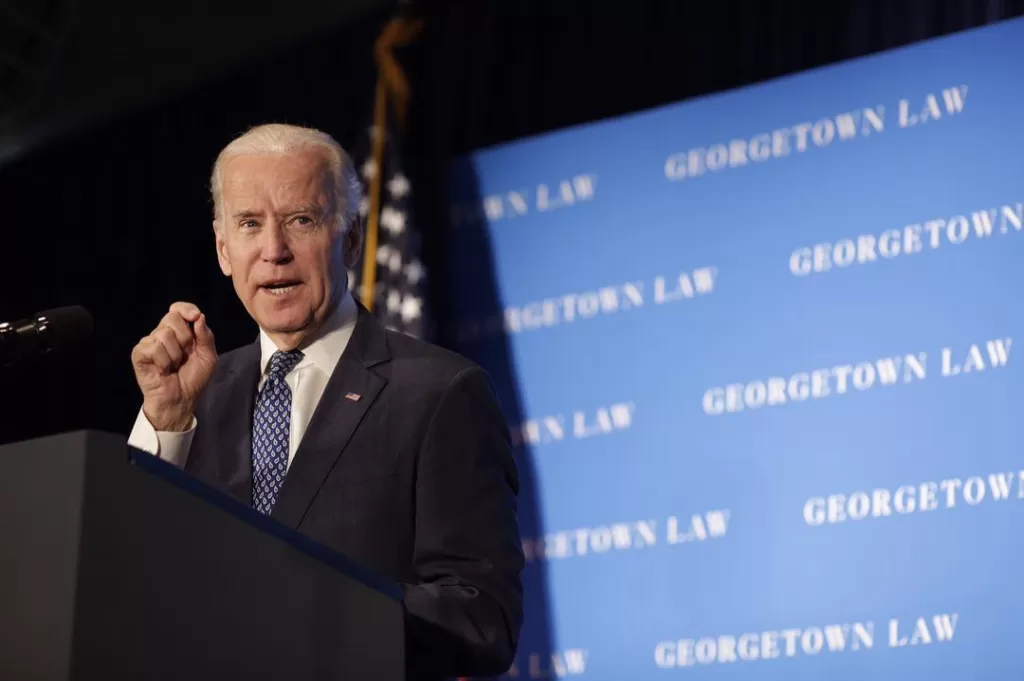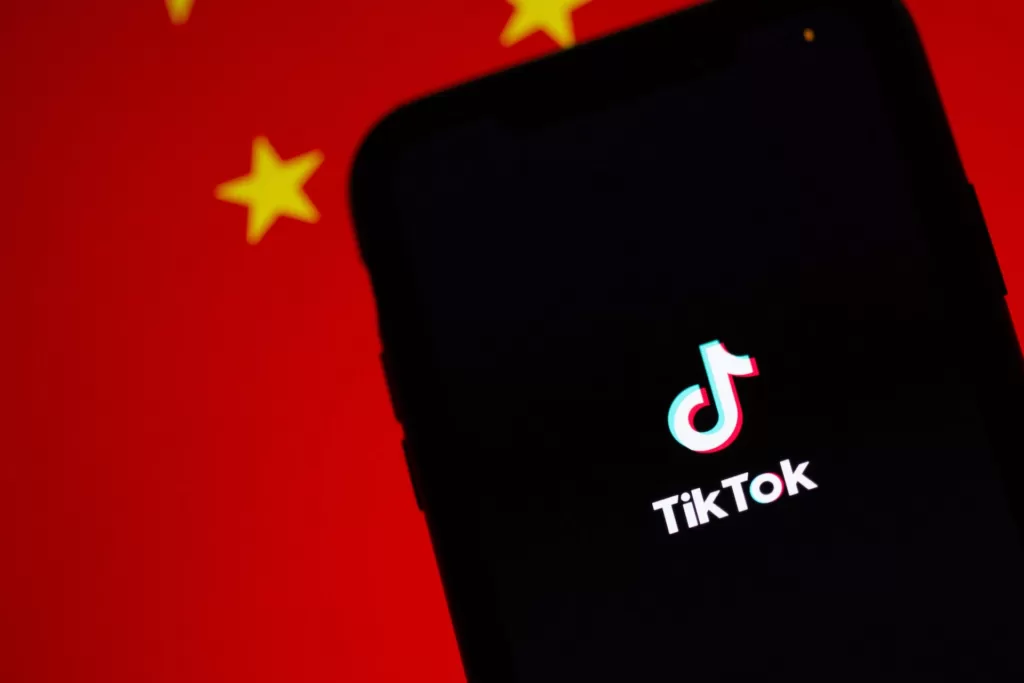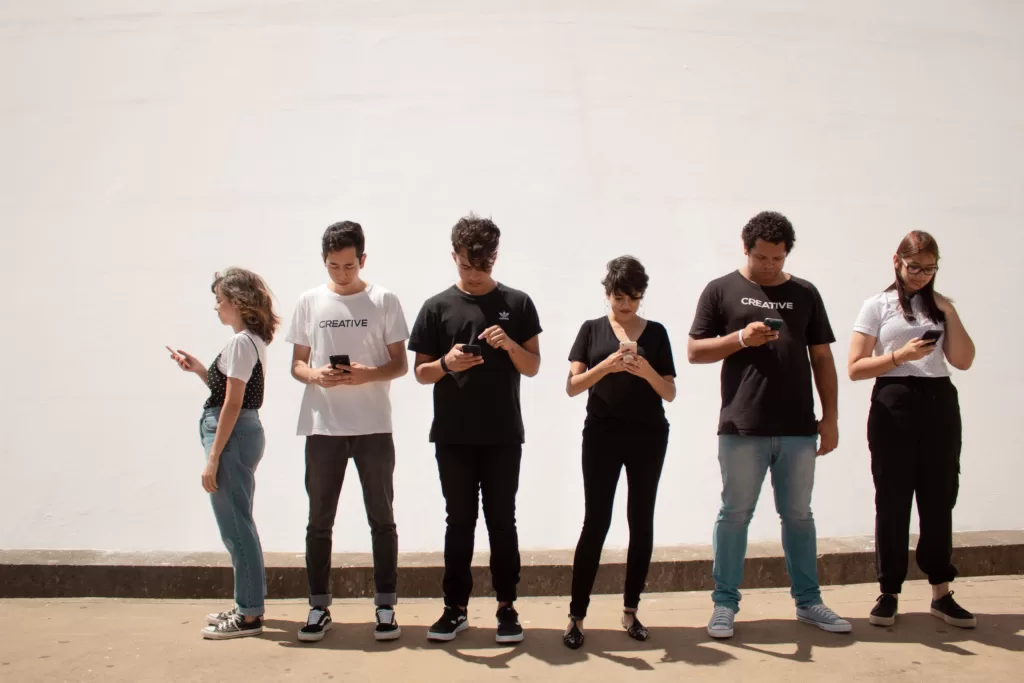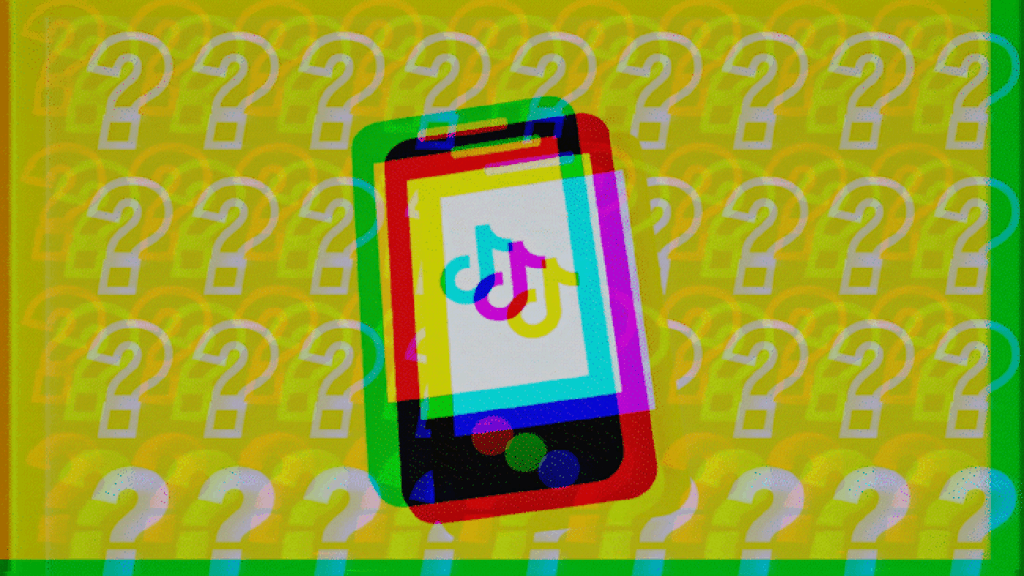TikTok's meteoric rise preceded key figures being hauled through courts and Congress over alleged security issues, but does it deserve the heightened scrutiny?
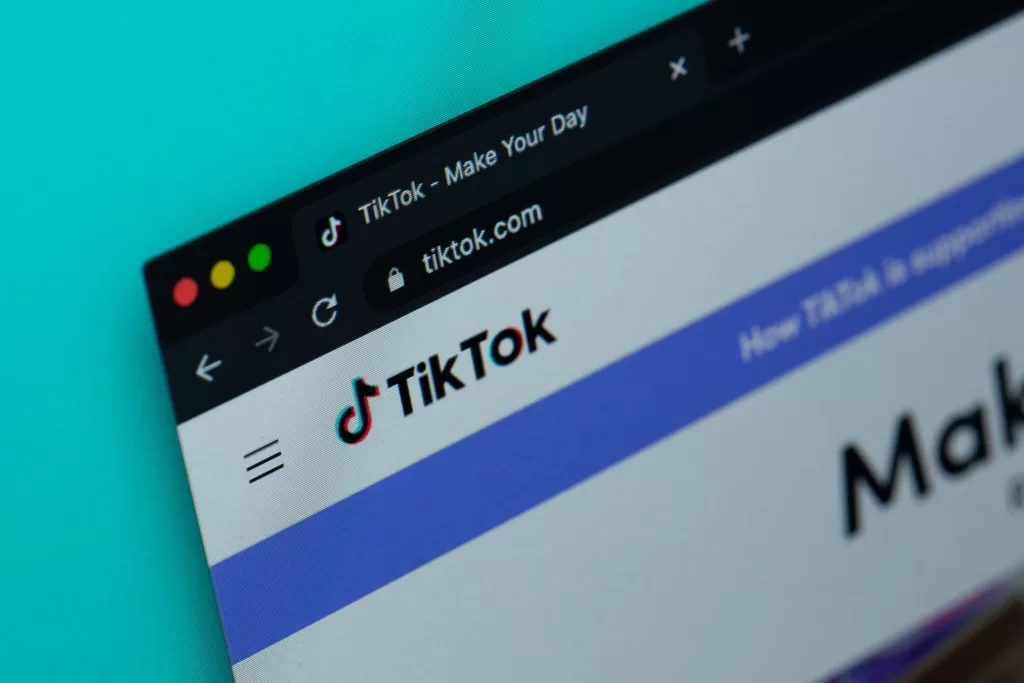 TikTok’s policies have been scrutinised in court and in US Congress. : Solen Feyissa, Unsplash Unsplash licence
TikTok’s policies have been scrutinised in court and in US Congress. : Solen Feyissa, Unsplash Unsplash licence
TikTok’s meteoric rise preceded key figures being hauled through courts and Congress over alleged security issues, but does it deserve the heightened scrutiny?
TikTok has been an outlier among its peers since its launch in 2016 — it achieved one billion monthly active users faster than any app in history (five years) and is the first social media platform to resonate with the West that isn’t based in the US.
It has also garnered more fervent opposition than any social media platform preceding it, banned outright in many countries and restricted in others. TikTok has been taken to court, dragged before Congress and condemned in ways its peers have not.
Launched in 2016, TikTok broke out in part because of its powerful algorithm. It takes only 40 minutes of observation for TikTok to pinpoint a users’ interest, with many drawn to the app for its ability to curate a highly personalised feed better than their rivals using the data the app collects.
But many governments are uncomfortable with the amount of data being collected by TikTok because its parent company ByteDance is based in China. ByteDance has faced accusations of sharing user data with the Chinese government, a claim the company has repeatedly denied.
In 2021, TikTok was brought to court over allegations it was collecting users’ biometric data without consent.
The parties settled for USD$92 million. TikTok has been banned in India since 2020, while the European Union, US, UK, Australia and Canada are among the jurisdictions which have banned the app on government devices. The US has toyed with an outright ban on the app since the presidency of Donald Trump.
TikTok faces more legislative pressure than other social media giants. While it collects a significant amount of user data, so too does Facebook, Instagram, Twitter, Snapchat and any other social media platform.
TikTok CEO Shou Zi Chew addressed the concerns of US lawmakers, appearing before Congress in March 2023.
In his five-hour appearance, Chew denied claims that TikTok shared data with the Chinese government and emphasised the security-strengthening measures the company had put in place, such as moving its data centres to the US.
Chew also made a precedent-setting pledge that separates TikTok from any social media giant that came before it — volunteering to submit TikTok’s data security policies for an independent audit.
It is a step not taken by Facebook (whose legal issues run long and include the Cambridge Analytica scandal) and Twitter (alleged to have leaked personal information on “tens of millions”).
The concerns around TikTok’s management of user data reflects the broad leeway tech companies are granted, rather than specific issues exclusive to the platform.
A focus on policies that address data security concerns across all social media and tech platforms may be the more comprehensive way forward.
Rather than be vilified, TikTok instead represents the only social media platform to have a strong record committing to transparency and systematically cooperating with regulators.
As governments seek collaboration to build strong laws and regulation to safeguard users’ data and security, this standard of compliance should set the new normal — not attract condemnation.
Dr. Farhana Nusrat is Assistant Professor of Marketing at the University of San Diego.
Originally published under Creative Commons by 360info™.


